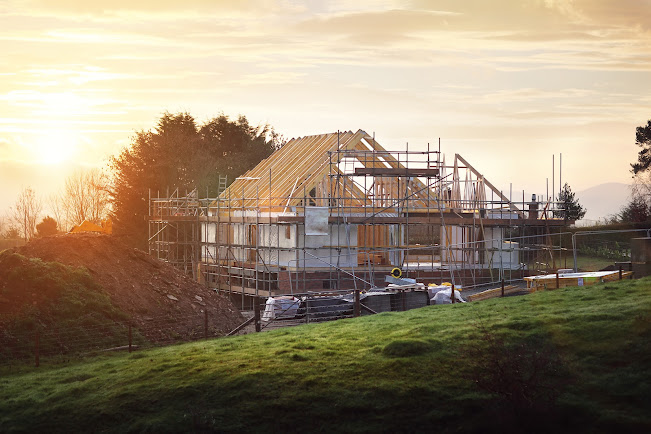10 Things to Know Before Buying an Investment Property in the UK
Investing in property is one of the most reliable ways to build long-term wealth in the UK. However, it’s not without its risks and challenges. Before taking the plunge, it's crucial to understand the key factors that influence a successful property investment. Whether you're buying your first investment property or expanding your portfolio, this guide outlines the ten most important things to consider.
1. Understand Your Investment GoalsBefore you start property hunting, clarify
your investment objectives. Are you looking for:
·
Steady rental income?
·
Long-term capital growth?
·
A quick return through
refurbishment and resale?
Understanding your goals will shape every decision you make—from the location you choose to the type of property you invest in.
2. Research the Market Thoroughly
The UK property market varies
significantly across regions. While London offers capital growth potential,
other cities like Manchester, Birmingham, and Leeds provide high rental yields.
Research:
·
Current property prices
·
Rental demand and average
yields
·
Local economic
development
·
Planned infrastructure
and regeneration projects
Using platforms like Rightmove, Zoopla, and local estate agents can provide valuable insights.
3. Calculate All Costs Involved
The cost of purchasing an investment
property goes far beyond the asking price. Key expenses include:
·
Stamp Duty Land Tax
(SDLT)
·
Legal and conveyancing
fees
·
Mortgage arrangement fees
·
Property surveys
·
Maintenance and
management costs
It’s essential to factor these into your budget to avoid unexpected financial strain.
4. Secure the Right Financing
Buy-to-let mortgages typically require a
larger deposit (usually 25%) and come with different lending criteria compared
to residential mortgages. To maximise your borrowing power:
·
Improve your credit score
·
Shop around for the best
mortgage deals
·
Consider using a mortgage
broker for specialist advice
Fixing your mortgage rate can also protect against future interest rate rises.
5. Know the Legal Responsibilities
As a landlord in the UK, you have legal
obligations to meet, including:
·
Ensuring the property is
safe and habitable
·
Protecting tenant
deposits in a government-approved scheme
·
Providing an Energy
Performance Certificate (EPC)
·
Complying with fire and
gas safety regulations
Staying compliant not only avoids penalties but also protects your reputation.
6. Evaluate Rental Yield and ROI
To assess a property’s profitability,
calculate its rental yield:
Rental Yield (%) = (Annual Rental Income /
Purchase Price) x 100
A yield of 5–8% is generally considered solid. Also consider the return on investment (ROI), which takes into account total income, expenses, and capital appreciation.
7. Decide Between Freehold and
Leasehold
In the UK, properties are either freehold
or leasehold:
·
Freehold:
You own the property and the land outright.
·
Leasehold:
You own the property for a fixed period but not the land.
Ground rent and service charges may apply.
8. Choose the Right Property Type
Different types of properties suit
different investment goals:
·
Flats in city centres
offer high rental demand from professionals.
·
Houses in suburban areas
appeal to families and offer better capital growth.
·
HMOs (Houses in Multiple
Occupation) generate higher rental income but require additional licensing.
Evaluate tenant demographics in the area to choose the right fit.
9. Consider Using a Letting Agent
Managing tenants, maintenance, and legal
compliance can be time-consuming. A reputable letting agent can:
·
Find and vet tenants
·
Collect rent and handle
maintenance issues
·
Ensure legal compliance
and renew tenancies
While they charge a fee (typically 8-12% of monthly rent), it can be worth the peace of mind.
10. Have an Exit Strategy
Before purchasing, think about your
long-term plans. Do you intend to:
·
Hold the property for 10+
years?
·
Refinance once equity
builds up?
·
Sell after achieving a
certain level of capital appreciation?
Having a clear exit strategy will guide your investment decisions and reduce risk.
Final Thoughts
Investing in property is not just about buying a house or flat—it’s about building a future. By taking the time to plan, research, and assess every angle, you can maximise your chances of long-term success.
Whether you're buying your first investment property or scaling your portfolio, Zunikh offers expert guidance and a curated selection of high-return opportunities. Visit our investment page to explore tailored property investment solutions in the UK.


Comments
Post a Comment